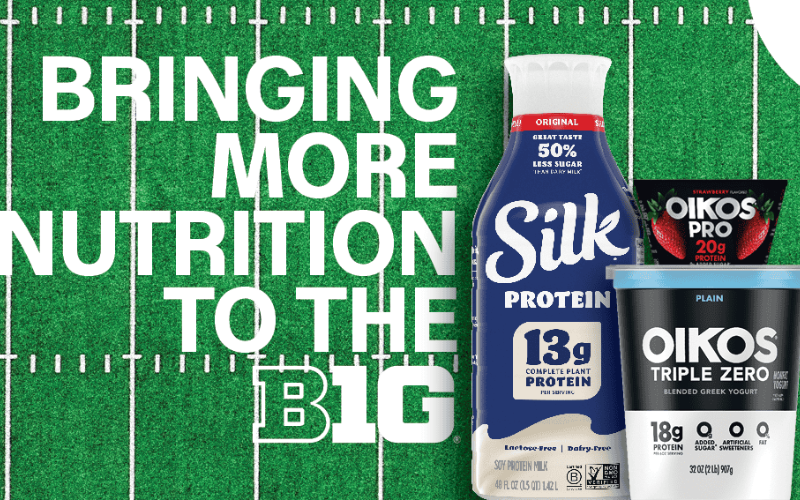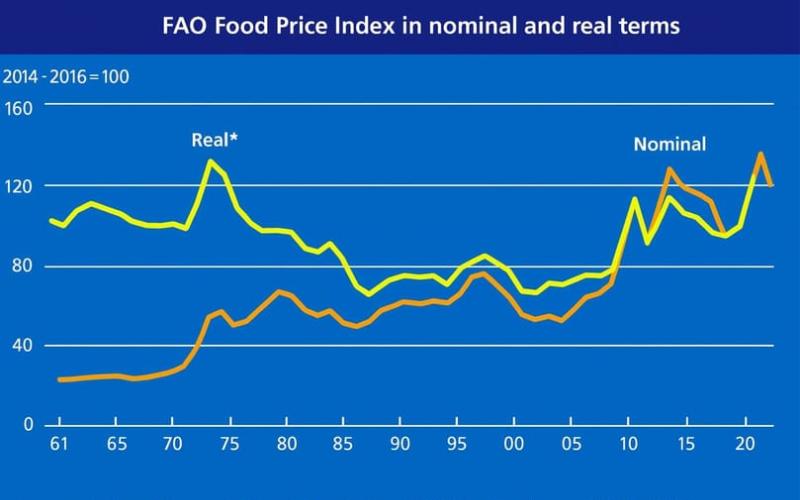Dairy Alternative Plant Milk Beverages Market size is set to grow by USD 10.58 billion from 2023-2027
Source: The DairyNews
The global dairy alternative plant milk beverages market size is estimated to grow by USD 10586.05 mn from 2023-2027, according to Technavio. The market is estimated to grow at a CAGR of 7.95% during the forecast period.

The plant-based milk market has surged due to rising health consciousness, lactose intolerance, and ethical considerations. Isoflavones in these beverages may help reduce heart disease and breast cancer risks. Almond milk, among others, is popular for its low calories, high protein, and vitamins. Ethical production and nutritional benefits, including essential minerals and vitamins, fuel demand.
Plant-based milks offer low saturated fat, fiber, and are suitable for ketogenic and vegan diets. They boost immune systems, promote healthy skin, hair, and nails, and support strong hearts and bones. Key players include Almond, Rice, Hemp, Cashew, and Coconut milk.
The Dairy Alternative Plant Milk Beverages Market encompasses a range of milk alternatives, including soy milk, which caters to individuals with lactose intolerances or soy allergies. Soy milk production involves the use of soybean oil and soy lecithin. However, food allergens and sensitivities necessitate proactive measures for those with soy allergies. Immune responses to proteins in soy milk can cause symptoms such as hives or anaphylaxis. Soy-based cheese and yogurt are also available, but may contain traces of soy. Alternatives like almond milk, rice milk, and others gain popularity due to their nutritional value, including calcium, casein, and various nutrients. Cold climatic conditions favor the growth of rice, while almond milk offers isoflavones, phytochemicals, and phytosterols, which contribute to heart health and breast cancer recurrence prevention. Amino acids, potassium, vitamin B, and other essential nutrients are also present. Consumer eating patterns shift towards lactose-free, cholesterol-free, and high-digestibility options due to health concerns and hectic lifestyles. Convenience products like coconut milk, hemp, oats, flax, and others cater to busy lifestyles and health and fitness trends. Milk allergies and lactose intolerances affect various demographics, including the elderly, reported Technavio.
Plant-based milks offer low saturated fat, fiber, and are suitable for ketogenic and vegan diets. They boost immune systems, promote healthy skin, hair, and nails, and support strong hearts and bones. Key players include Almond, Rice, Hemp, Cashew, and Coconut milk.
The Dairy Alternative Plant Milk Beverages Market encompasses a range of milk alternatives, including soy milk, which caters to individuals with lactose intolerances or soy allergies. Soy milk production involves the use of soybean oil and soy lecithin. However, food allergens and sensitivities necessitate proactive measures for those with soy allergies. Immune responses to proteins in soy milk can cause symptoms such as hives or anaphylaxis. Soy-based cheese and yogurt are also available, but may contain traces of soy. Alternatives like almond milk, rice milk, and others gain popularity due to their nutritional value, including calcium, casein, and various nutrients. Cold climatic conditions favor the growth of rice, while almond milk offers isoflavones, phytochemicals, and phytosterols, which contribute to heart health and breast cancer recurrence prevention. Amino acids, potassium, vitamin B, and other essential nutrients are also present. Consumer eating patterns shift towards lactose-free, cholesterol-free, and high-digestibility options due to health concerns and hectic lifestyles. Convenience products like coconut milk, hemp, oats, flax, and others cater to busy lifestyles and health and fitness trends. Milk allergies and lactose intolerances affect various demographics, including the elderly, reported Technavio.
Key News of the Week











